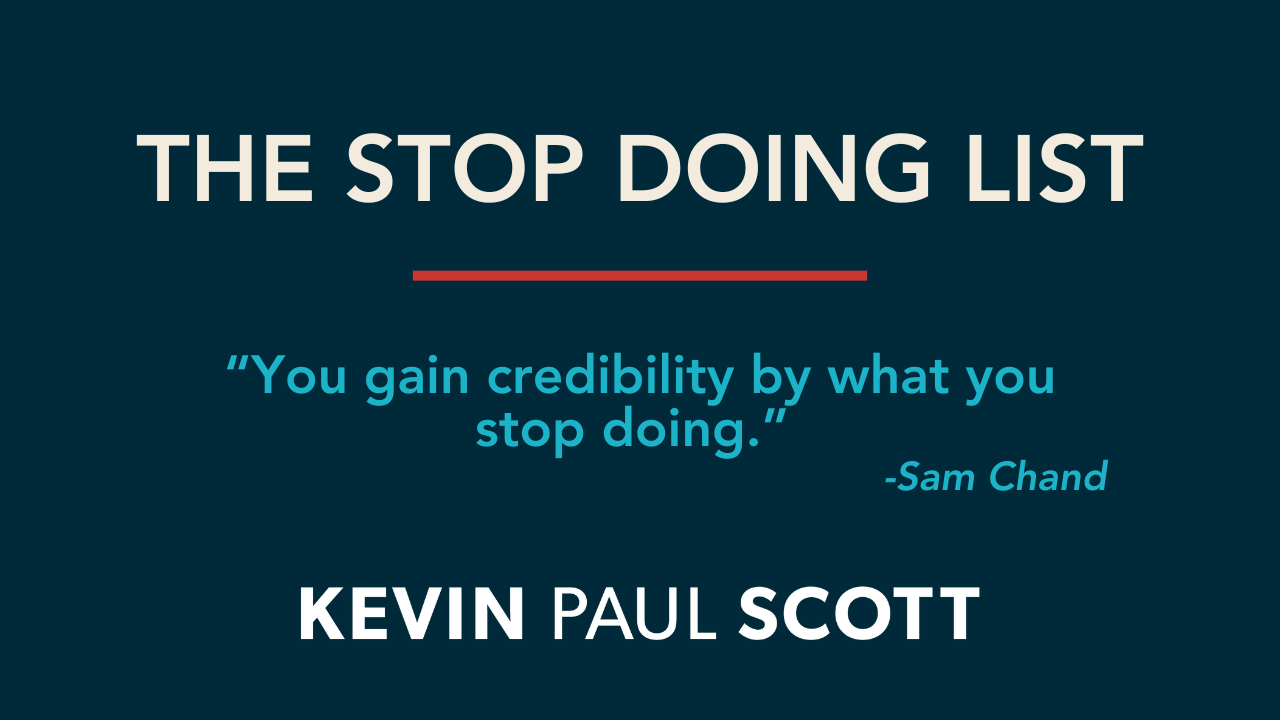Last week I was speaking to a telephone and broadband association event in Asheville, NC. The leader was so kind to invite me to bring my wife and our two oldest kids. In addition to speaking and meeting some incredible folks, our family got to spend time together, make memories, and tour the Biltmore Estate together.
There were some total breakdowns with our kids along the way, as you can imagine with a 5 and 3 year old. When we were standing in the ticket line in 96 degree weather, I wasn’t sure this was going to make the list of favorite family memories. Yet as time passes, I will look back on that trip fondly. Why is that?
Two of my favorite authors, Chip and Dan Heath, unpack this phenomenon in their book The Power of Moments. They discuss the psychology of perception and explain the reasons why we remember certain events and not others.
In the opening section, they walk through a family’s day at Disney World as if they were rating their experience hour by hour.
Here’s their summation:
9 a.m.: Cattle-herding your kids out of the hotel room. There’s excitement in the air. Rating: 6
10 a.m.: Riding “It’s a Small World” together, with parents and children each under the impression that the other must be enjoying this. Rating: 5
11 a.m.: Feeling a dopamine rush after riding the Space Mountain roller coaster. Your kids are begging to ride it again. Rating: 10
Noon: Enjoying expensive park food with your kids, who might enjoy it less if they knew you bought it with their college fund. Rating: 7
1 p.m.: Waiting in line, for 45 minutes now, in the 96-degree central Florida heat. Trying to keep your son from gnawing on the handrails. Rating: 3
2 p.m.: Buying mouse-ear hats on the way out of the park. Your kids look so cute. Rating: 8
The average of these moments: 6.5. Not necessarily amazing, but it was a pretty good day. However, if you ask this family to rate their day at Disney World a few weeks later, they would say it was a 9.
This is because they will remember the way they felt after Space Mountain and the way they felt leaving the park. When rating an overall experience, you subconsciously average your best moment and your last moment together.
As Italian poet Cesare Pavese says,
“We do not remember days; we remember moments.”
This should be an encouragement to us. It takes a little of the pressure off. Sometimes in our pursuit of perfectionism, we strive to make every moment memorable. The problem with this is that we almost always fail. It’s really tough to make every single moment magical–whether at Disney or the Biltmore. Moments simply need to stand out and be better than others.
When we fully embrace the power of moments, we can focus on carefully crafting those mountaintop moments that people will remember for a long time.
My friend David Salyers, describes these moments as etched memories. These are the pictures, interactions, and feelings that are carved into your mind after an important experience.
At the local restaurant, you remember when the server walks up and ties the balloon around your three-year-old’s chair, and they all sing “Happy Birthday” to her, making her night.
At the fast food restaurant, you remember when the person behind the counter offers to take your food to your table, so you can situate all of your kids.
At the church, you remember the person who made you feel comfortable and helped you find a seat the very first time you attended. Then, you remember that person at the end of the service who said he would love to see you again the next week.
A year from now you won’t remember most of this week. But you might remember an intentional interaction with a coworker, a friend, or a family member.
Take a minute right now. Stop what you’re doing and think about the kind of memories you want to make. This is not a charge to be extravagant, to spend more money, or to give up a crazy amount of time to plan an experience. It’s a simple reminder for each of us to focus our attention on the memories that will be etched in our minds for years to come.
This message matters for each of us who are responsible for a group of people, whether a business, a Sunday school class, a classroom, a sports team, or just your family. A positive culture happens when you work daily to create an environment of consistent care and when you don’t miss making the memories that leave a lasting impression.

























.svg)




